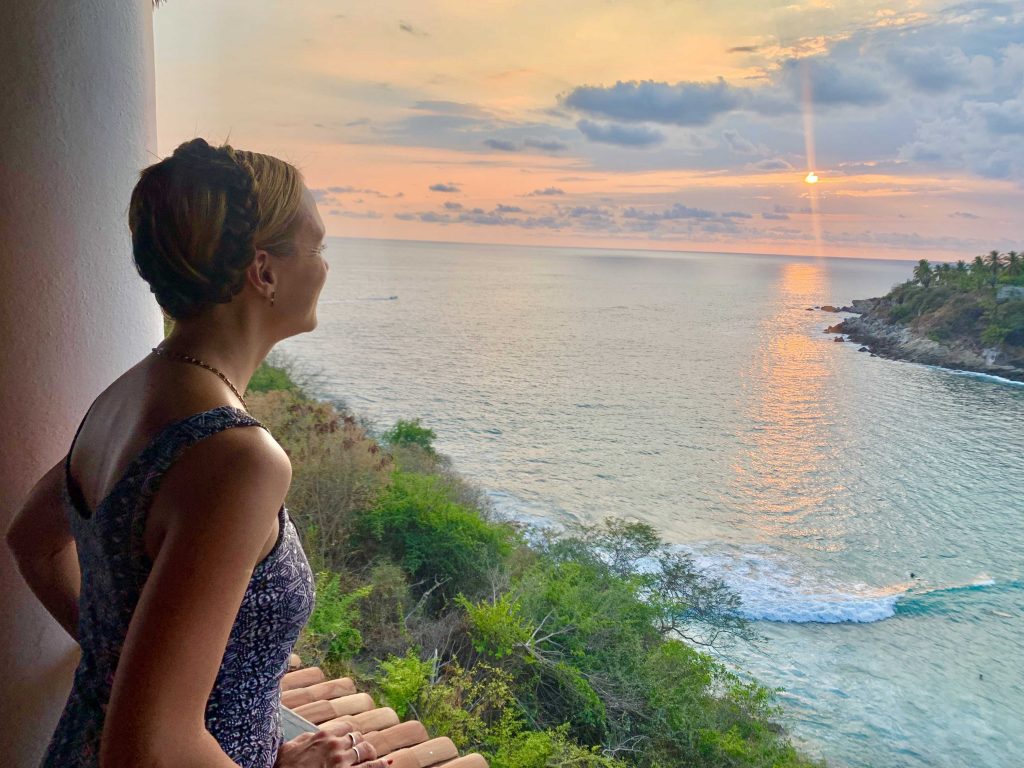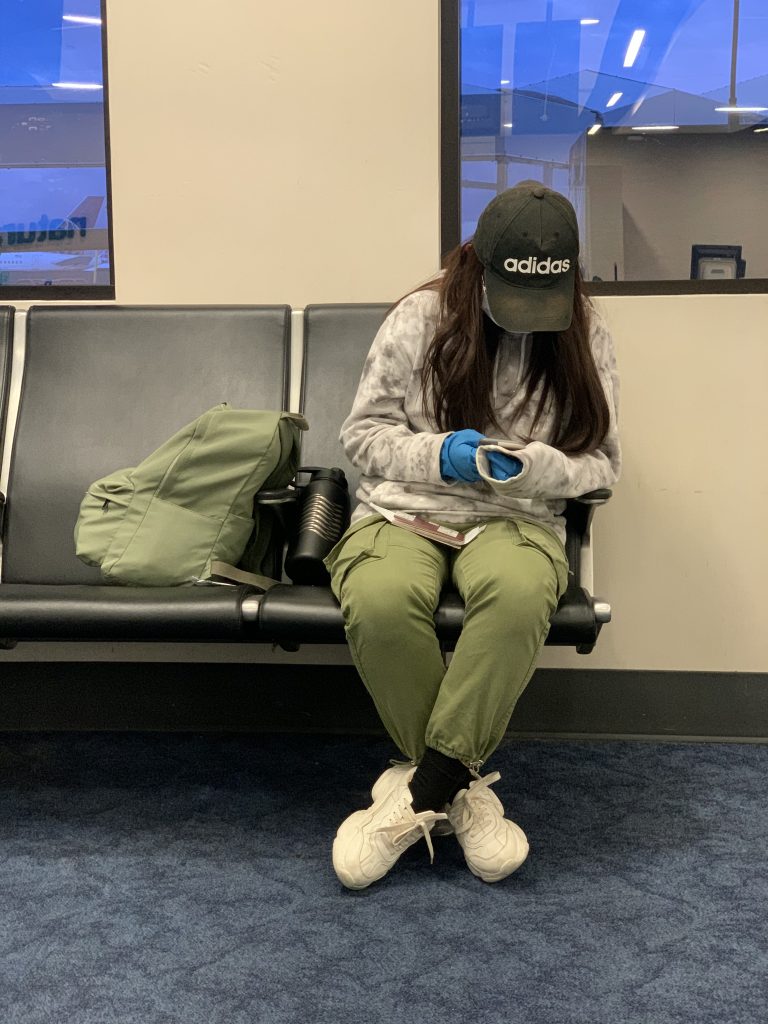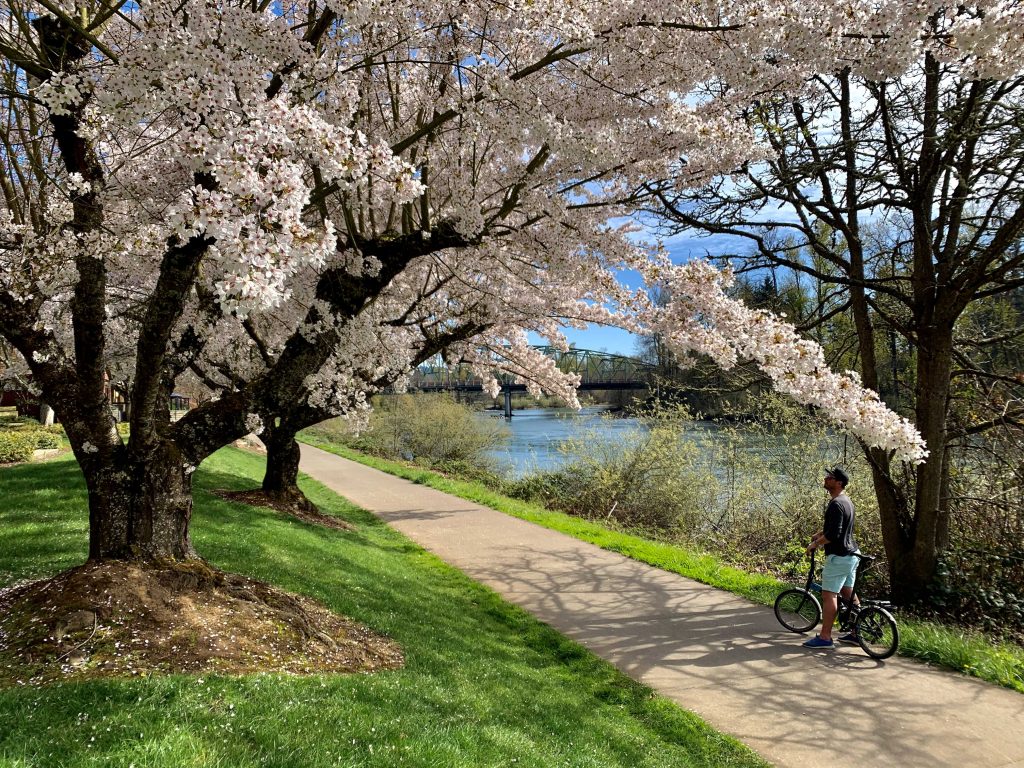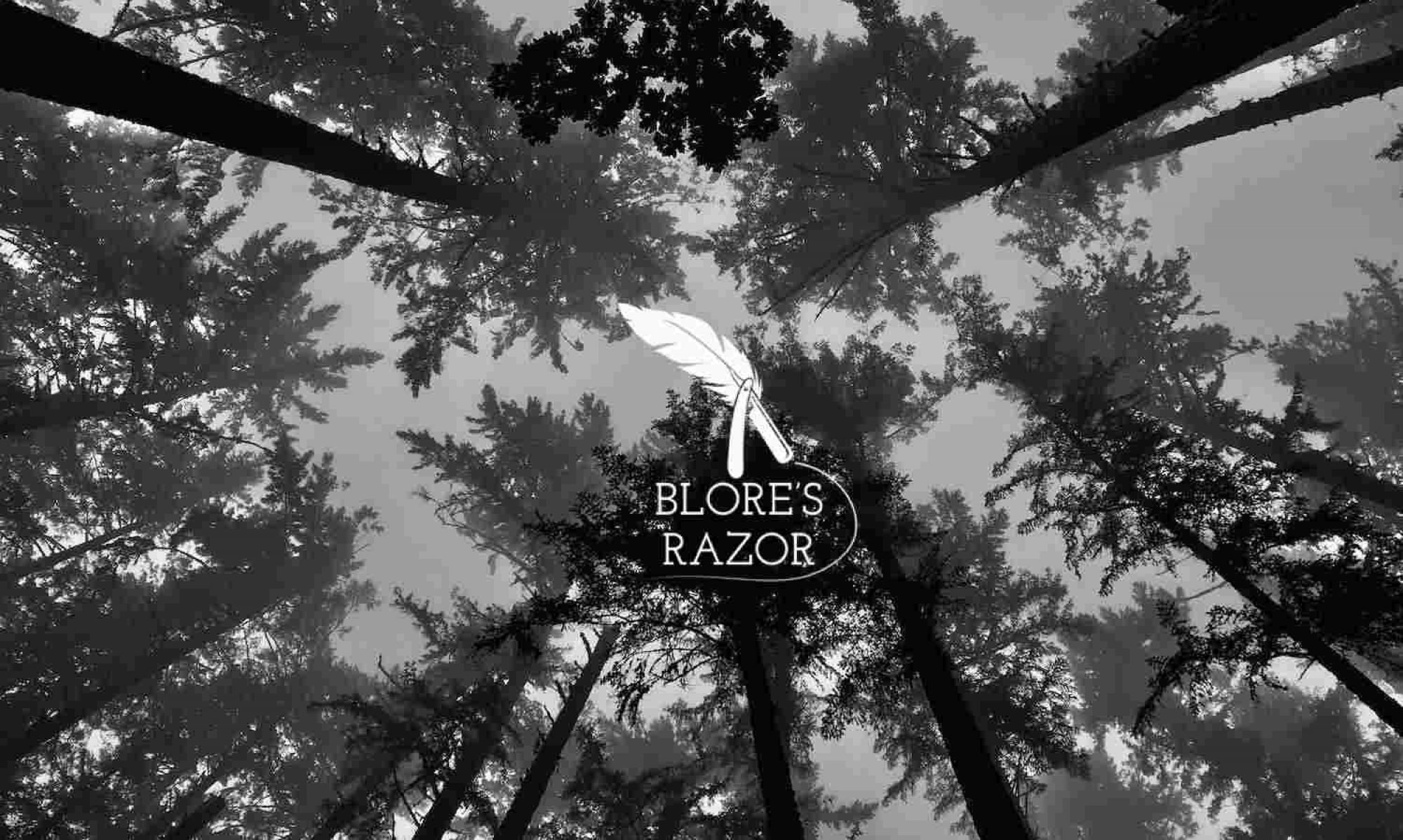Life and travel shook hands and said goodbye…
Less than 24 hours before the U.S. closed the border with Mexico, I returned from a month-long trip to Oaxaca. For two weeks, I tried in vain to bump up my flights after hearing rumors of the imminent closure of my country, but it was impossible to reach the State Department or the three airlines handling the legs of my travel.

Nobody anticipated how rapidly COVID-19 would disrupt human civilization. This highly contagious coronavirus has already killed more than 17,000 people around the world. My ability to get home in the midst of this unprecedented chaos was uncertain.
On March 18, after a turbulent flight from Puerto Escondido to Mexico City, I boarded a budget-friendly Volaris plane bound for LAX. A woman with four small children occupied the row behind me and we waited for our flight to depart. One hour passed, then two hours. We pulled out of the terminal and into a maintenance area. The plane’s babies soon grew restless—echoing the impatience of our newfound passenger community. Several episodes of Bojack Horseman later, we were told our flight was canceled and a bus pulled around to take us back to the terminal to collect our luggage. It was almost 11:00 pm.
A group of male passengers in the back shouted in Spanish, “Nobody is getting off the plane! We all paid good money to be here and we deserve to get to LA for our jobs and families!” This minor insurrection was short-lived as the majority dutifully exited to the baggage claim, passed through customs, and to the airline counter. Volaris put us up at the nearby Fiesta Inn and issued us tickets for the following afternoon.
At this point, I knew the border was likely to close soon and prepared myself to be stuck in Mexico City. Since I was out of pesos, I paid the hotel bar for two craft beers with my credit card, grabbed a bucket of ice, and went to my room. I tried to rebook my connecting flight home (which I was going to miss) and the hotel I’d already paid for in LA. Neither of these could be changed or refunded. Goodbye $370.
The following day, I put on a mask and arrived early at Mexico City International, one of the largest airports in the world. I hoped that the U.S. wouldn’t close the borders so travelers like me wouldn’t be stranded far from home during an escalating crisis. I was in for a few surprises.
After wandering around the countless “Dufry” (duty-free) Shops, I heard my name announced over the intercom. I rushed to the gate and the plane was boarding more than an hour before take-off. I was relieved I’d made it since passengers (many of them from the previous day’s canceled flight) had already queued up.
I went to the counter and discovered that I’d been selected for a random search—a policy for international flights to the U.S. Two uniformed women with gloves proceeded to take apart both my carry-on bags and pat me down thoroughly in full view of my fellow passengers. Some gawked at my Zapotec tapestry gifts and ziplock bags of shirts, dresses, and underwear splayed on the large plastic table. All of my electronics were rubbed with small cloths and run under a chemical-detection sensor. Even if the crowd couldn’t see the twisted indignant frown underneath my mask, they could sense the fury in my eyes. This embarrassing exhibition took five full minutes.
I was so angry and flushed that I was afraid I’d set off the fever-detecting gun as I boarded the plane. I revealed these fears to the agent and he re-explained the American policy of random searches, pointing the laser thermometer at my forehead. I told him in Spanish it would be more humane to conduct the searches behind a curtain. He smiled and told me to have a good flight.
I sat down in my old seat in front of the row with the woman and her four children. I’d seen at least 30 more people behind me who needed to board the plane, but the process had ceased. My stomach dropped as I saw two agents in orange vests board the plane and talk to the pilot. The attendants gathered their belongings and headed out the aircraft door. A voice came over the loudspeaker and announced that we didn’t have clearance to land in LAX and everyone needed to get off the plane.
Outcries erupted as people angrily dragged their large bags down from the overhead compartments and began to file out.
This is it, I told myself. I’m going to be stuck in Mexico for the duration of this crisis—and I’m going to make the best of it. I haven’t yet explored Mexico City and COVID-19 isn’t a huge problem in the country. I miss my friends and family, but what else can I do? All events and trips I’d been planning at home are canceled anyway. Perhaps I can find a deeply discounted AirBnB in a cute neighborhood. Roma? Condesa? Maybe Coyoacán to pay tribute to Frida Kahlo? As long as I have reliable Wifi, work will not be an issue. And there are worse places to be stuck than a world-class city…
A couple of excruciating minutes later, an attendant announced that we’d just received word from LAX: we had been cleared for departure.
As smiling passengers filed back into the plane—our hearts all beating a little faster—there were rumors we’d be detained for lengthy questioning about our disease status. Others said that the plane might have to return to Mexico mid-flight, depending on what orders came down from the Trump administration.
I had my alternative plan, but I was restless and my stomach ached after drinking a glass of non-bottled water from the attendant. Dammit. I know better than that. Had my good luck finally run out on this budget Mexican airline? Would I start throwing up and get detained as a health hazard? I knew that vomiting wasn’t a common symptom of COVID-19, but I wouldn’t be allowed on my next flight in that condition, especially if I developed a fever.
I took a few breaths and reassured myself that the anxiety surrounding getting home was more likely the culprit of my stomachache. I began to feel better, settling into my seat in front of the children. A few book chapters and “Orange is the New Black” episodes later, we landed in LAX.
Nobody knew what awaited us on the other side of those doors, whether we’d be able to get off the plane, or if we did, whether non-citizens would be sent back to Mexico City. Traveling amidst a pandemic and widespread border closures was uncharted territory for all of us.
Thankfully, we all got off the plane and headed to immigration. I flew through customs without any problems, pulling down my mask to be identified at the various checkpoints. LAX was deserted, apart from a few travelers. The majority didn’t even wear masks—including the security guards, shopkeepers, and restaurant workers—but there were a few young women donning full-body condoms: long pants, long sleeves, hats, gloves, masks. They would wipe down every surface vigorously with antibacterial cloths before sitting down. I felt slightly underprepared with my flimsy mask and realized that being on my country’s soil presented more of a COVID-19 risk than being in Mexico did.

All of the airport restaurants had only half of their tables open and staggered seatings to practice social distancing. Although I’d read about the changes from afar—the event cancellations, the “shelter in place” orders, the sudden loss of 15-20 percent of our economic activity with forced closures—this new corona-world provided a startling contrast to my life less than a week ago. Oaxaca City and Puerto Escondido were sublime—seemingly untouched by the madness of this pandemic. Stateside it feels as if I’ve landed in the wrong dimension of my old reality.
On Planet Oaxaca, my days were spent wading in warm turquoise water, watching some of the world’s best surfers. I learned about the region’s rich cultural diversity, wandering city streets and admiring the Zapotec art, exploring lush National Parks, tasting mezcal, and eating/drinking to my heart’s content at the region’s best restaurants for $10-$15.
It feels as if I’ve abandoned paradise for a disease-hobbled prison, but this is the country where most of the people I love are held captive. I’m so grateful I hit this wave just right, indulging my curiosity and senses, bringing back fresh eyes and my appreciation for what I take for granted in Oregon. I’d successfully leapfrogged the end of the gloomy season and now everything is bursting with spring color. I spent my first full day tending my indoor plants, yard, and garden, basking in the sun and crisp fragrant air.

This experience made me realize that a paradise is temporary if it can’t be shared with loved ones. Although I met some good people in Puerto and I’m grateful to speak the language, I was an island staring back at the burning shores of my home, tracking the cascading viral havoc through my electronic screens.
I’m here now, fresh off of one of the best trips of my life—tan, healthy, happy, bearing lots of gifts. Life feels on pause but it can’t shake my optimism that having the world united behind a common enemy holds incredible potential. Not only is the global community focused on the same problem, but this experience is giving individuals a renewed perspective—the time and space to consider what we hold most dear. The breakneck pace of our normal self-imposed busyness leaves little room for precious reflection or gratitude. We’ve been forced onto a different path and it won’t last forever. The best we can do is roll with it.

Holy moly, what an adventure. I’m glad that you’ve made it back mostly unscathed. I was also halfway hoping to be stranded in Costa Rica, but ultimately I’m glad to be back and hope to remain healthy within my four walls. Thank you for sharing your story!